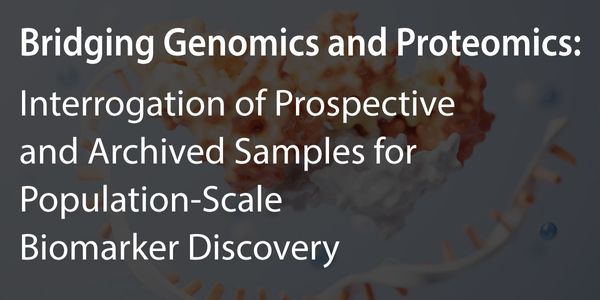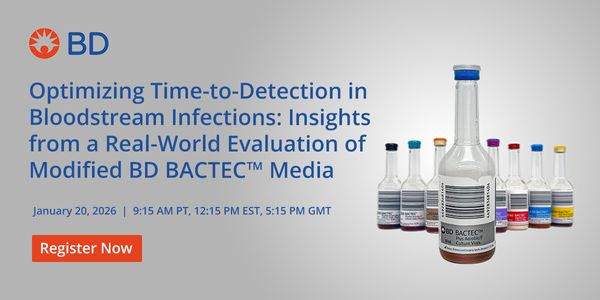Recent data have confirmed the ability of cardiac troponin (cTn) measurements to identify those who are developing cardiotoxicity in response to potentially cardiotoxic chemotherapeutic agents. Indeed, in some studies, the use of antioxidant treatments have been shown to reduce the increases in cTn and with that the eventual development of reduced ventricular performance. The next iteration of cardiac troponin assays are substantially more sensitive than conventional assays and thus able to identify problems at a far earlier stage. Indeed, the pharmaceutical industry has been using such testing to determine during the developmental phases of discovery whether or not specific agents might be cardiotoxic. Thus, there is substantial promise that these new assays will facilitate these sorts of evaluations in patients receiving chemotherapy as well. However, these very sensitive assays detect a variety of cardiovascular comorbidities. These include not only coronary artery disease but also structural heart disease. Thus, baseline values will be essential the proper interpretation of subsequent values. In addition, because these assays are sensitive, careful sample acquisition and preparation will be essential and it is likely that sex specific cut off values will be necessary. Of course, the early detection of cardiotoxicity is only half of the problem. We then will need to figure out how to optimally inhibit this toxicity while making sure we do not negatively impact on the therapy of the cancer itself.






